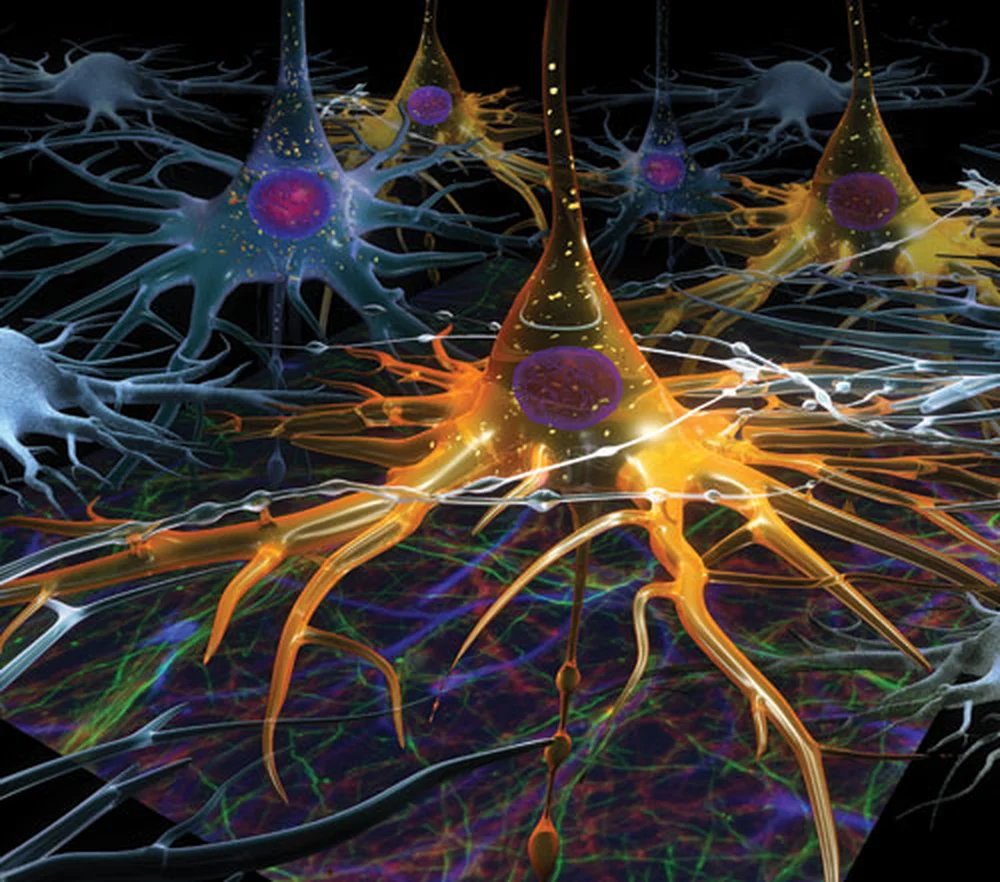
While the behaviors of individual cells and the functions and properties of tissues and organs have been studied extensively, the complex interactions of cell clusters are not as well understood. School of Molecular & Cellular Biology (MCB) researchers are members of a team that will investigate the behaviors of interacting clusters of cells with different functionalities.
The National Science Foundation (NSF) awarded $25 million to establish the Emergent Behaviors of Integrated Cellular Systems (EBICS) Center at the University of Illinois at Urbana-Champaign, the Massachusetts Institute of Technology, and the Georgia Institute of Technology. The EBICS Center is one of five Science & Technology Centers (STC) approved by NSF in a nationwide competition.
The goal is to create biological modules — sensors, processors and actuators — that can be used to build working biological machines. This next step in synthetic biology will build upon the complexity and richness of biology — from regenerative medicine to developmental biology — to engineer new applications.
University researchers from many different disciplines, including biology, engineering, and physical sciences, will contribute to the development of the knowledge, tools, and technologies necessary to create these highly sophisticated biological machines.
The list of participants includes MCB faculty.
Affiliate Professor of Molecular and Integrative Physiology YingXiao (Peter) Wang, will develop genetically encoded reporters based on fluorescent resonance energy transfer to visualize and quantify signaling transduction in live cells with high tempo-spatial resolution. These tools will be specifically designed and applied to monitor the intracellular molecular activities when cells interact with their neighbors and with the surrounding mechanical/physical/chemical environment. The results should provide spatio-temporal maps of molecular activities and hierarchies governing the cell-cell and cell-environment interactions.
Alumni Professor of Cell and Developmental Biology Martha Gillette, co-director of research for the project, will study clusters of neurons with genetically engineered properties that control clusters of myocyte and endothelial cells in micro-environments.
The Center aims to advance research in complex biological systems, create new educational programs based on this research, and demonstrate leadership in its involvement of groups traditionally underrepresented in biology, physical science, and engineering.